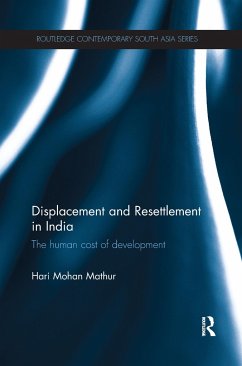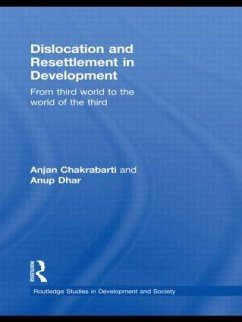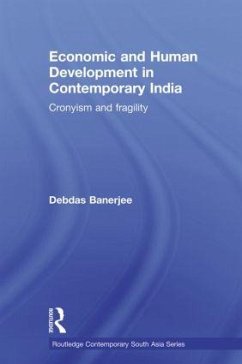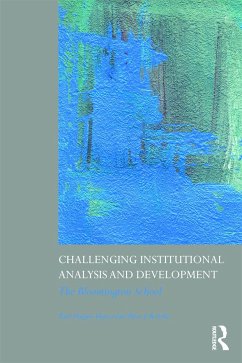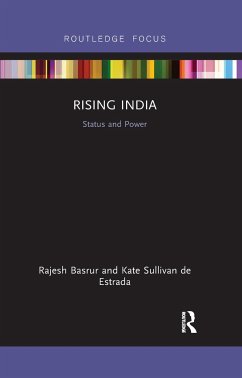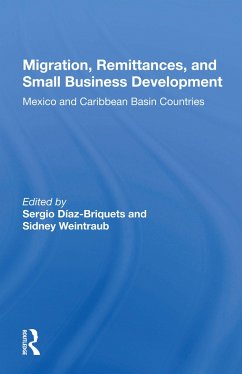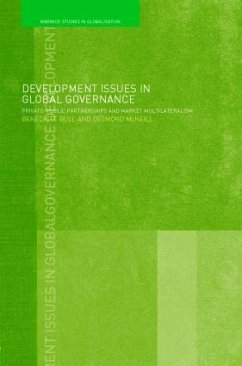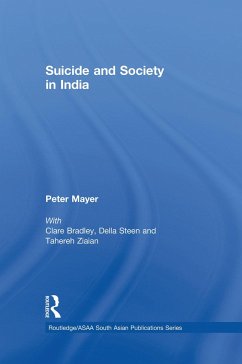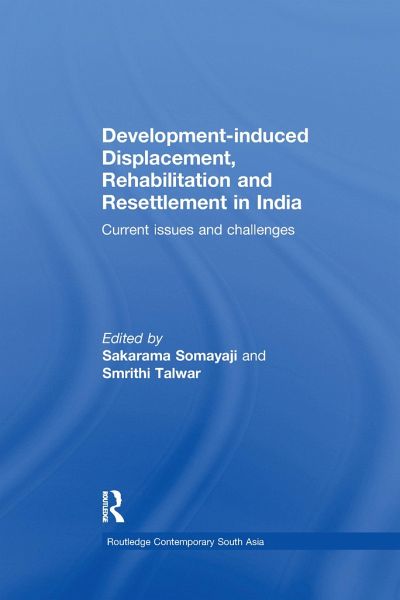
Development-induced Displacement, Rehabilitation and Resettlement in India
Current Issues and Challenges
Herausgeber: Somayaji, Sakarama; Talwar, Smrithi
Versandkostenfrei!
Versandfertig in 1-2 Wochen
59,99 €
inkl. MwSt.

PAYBACK Punkte
30 °P sammeln!
Compulsory land acquisition and involuntary displacement of communities for a larger public purpose captures the tension of development in the modern state, with the need to balance the interests of the majority while protecting the rights of the minority. In India, informal estimates of involuntary resettlement are estimated to be around 50 million people over the last five decades, and three-fourths of those displaced still face an uncertain future. Growing public concern over the long-term consequences of this has led to greater scrutiny of the rehabilitation and resettlement process, parti...
Compulsory land acquisition and involuntary displacement of communities for a larger public purpose captures the tension of development in the modern state, with the need to balance the interests of the majority while protecting the rights of the minority. In India, informal estimates of involuntary resettlement are estimated to be around 50 million people over the last five decades, and three-fourths of those displaced still face an uncertain future. Growing public concern over the long-term consequences of this has led to greater scrutiny of the rehabilitation and resettlement process, particularly for large development projects. This book examines a number of new policy formulations put in place at both the central and state levels, looking at land acquisition procedures and norms for rehabilitation and resettlement of communities. The book combines a theoretical analysis of the proposed regulatory framework with detailed case studies that examine the application of these norms in specific geographic contexts across the country. It brings together contributory analysis by some of the country's most engaged administrators, academics, and activists in the field, and is a useful contribution to Development Studies.





